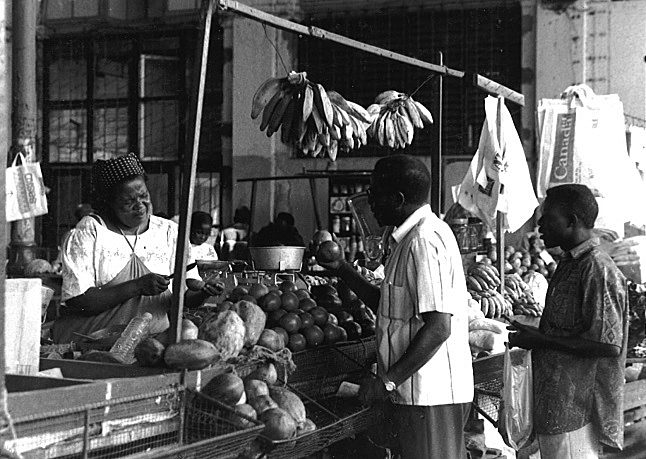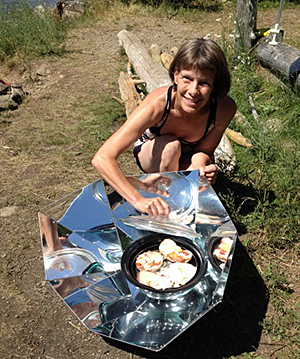
By Laura Stovel
Every few years, often in the midst of winter, I pack my bags and travel somewhere inspiring. I’m not really a snow bird, someone travelling south each year to avoid the cold, but I don’t mind cutting winter short by a month and I don’t want to travel during gardening season.
This year I’m going to Mozambique for the month of February. The last time I was there was 23 years ago, just after the civil war ended. I was teaching school in Botswana and visited my former economics professor and friend, Peter, and his wife, Mwikali, in Maputo, the capital of Mozambique.
Mozambique inspired me back then because of the courage and grace of the people I met and because of the wonderful mix of Portuguese and African cultures. I heard stories of great atrocities, but also of bravery and stoicism.
I met a nurse who took in orphaned children during the war when she herself lacked food. She never complained, my friend, Paz, said, because there was no point. Everyone was suffering. I met a child who hadn’t spoken since he was left in the bottom of a well to die. He was found and taken to an orphanage. He wouldn’t let go of my hand when I had to leave.
Those visits inspired me to take the path that would last for the next 15 years – I would study, research and teach about how societies recover from war or other forms of mass violence. That journey would take me to Bosnia, Sierra Leone and Nepal where I continued to be inspired by the many people who met cruelty and brutality with wisdom and compassion.
I am returning to Mozambique for inspiration, but of another kind. Travelling in developing countries in Africa and South Asia, I have been interested in the challenges of providing basic services to low-income people: electricity; clean water; communications; and clean, affordable fuel.

Increasingly, relatively simple technologies can be used in innovative ways to provide basic needs or to save time and money. For low-income people in developing countries, for example, cell phones have become almost a necessity. Farmers can find the best price for their produce by texting contacts in neighbouring markets, expensive and risky travel can be avoided, and money can be saved or transferred using phones where banks are not an option.
I am especially interested in solar energy. I want to learn how people in Southern Africa are tapping into the sun’s energy to provide light, electricity and, potentially, to cook. With the significant industrial capacity of neighbouring South Africa, Mozambicans have access to technologies that might not be available in more countries further from industrial hubs. I want to learn what technologies are available and who is adopting them. I have been preparing for this by trying to build my own knowledge of solar energy and experimenting with my own energy use.
Last summer I turned off all the grid-power in my house in Revelstoke and lived off-the-grid for two months. As much as possible, I tried to use relatively simple technologies, similar to those available in developing countries. My electricity came from one solar panel on my roof, stored in one deep-cycle battery. I heated a black camping bag in the sun for bath water and cooked using a portable solar cooker and home-made solar oven – when the sun shone.
Getting enough electricity to meet my needs was not too difficult. Using only a small fridge – no stove or washing machine – I could usually generate enough power to run my lights and electronics if I was very careful. I was only unable to use my laptop twice during the summer. It was uncomfortable but I just had to wait until the next morning when the sun was out again. Even during cloudy days I was able to generate electricity. As my solar advisor, Harold, says, “If you can see a shadow you can generate electricity.”
Cooking was another matter. A solar cooker works through reflection and it only cooks when the sun shines directly on the polished metal. It also works like a slow cooker so the sun needs to be continuous through the peak hours of the day. Though last summer was hot, it was not very sunny and I ended up eating a lot of cold and luke-warm food.
I will take my solar reflector on this trip and experiment with the wonderful Mozambican cuisine with lots of fish, coconuts and chicken. I’m also curious to see how the women I meet respond to it. Will they see it as useful? Even though I am visiting during a relatively rainy month in Mozambique, Peter assures me that I will have plenty of sunshine to help with my experiment. I hope he’s right.
Over the next month I will be sending stories and photos from Mozambique for readers of The Current. I hope you will find them interesting.



